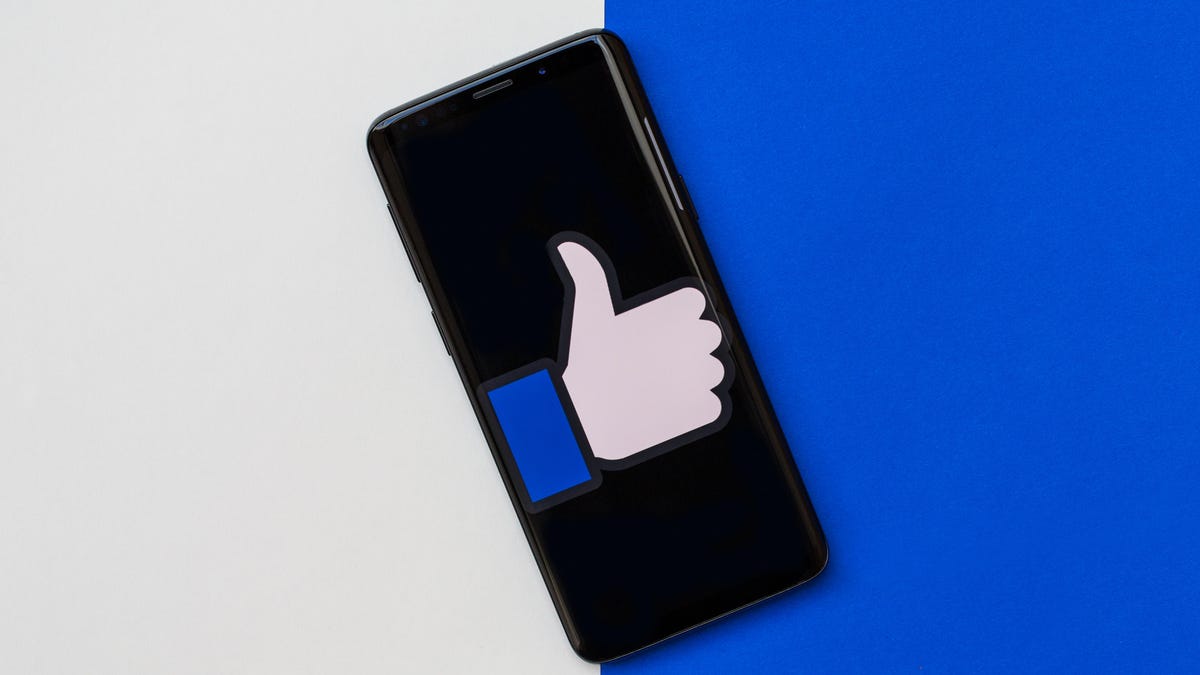Facebook users have raised over $2B for nonprofits and causes since 2015
More than 45 million people have also donated or started a Facebook fundraiser.

Facebook wants to remind you that it's still making an impact for charities even as it battles a series of scandals.
The social media giant said Thursday that since 2015, its users have raised more than $2 billion on Facebook for the causes they care about. About half of that total comes from fundraising that happens on people's birthdays. The money has helped fund a variety of nonprofits, including those that help children with cancer, feed the hungry or fuel research to cure diseases. More than 45 million people have donated or started a Facebook fundraiser, according to the company.
Facebook's latest milestone illustrates how social media sites are playing a bigger role in how nonprofits spread the word and raise money for their causes. Still, the amount raised is a small fraction of the amount of charitable giving that happens every year. In 2018, Americans gave $427.71 billion to charities, according to Giving USA.
"The numbers are really important. But what really matters is that people are getting the help they need, and they're supporting their communities," Emily Dalton Smith, director of social impact product at Facebook, said in an interview.
No Kid Hungry, which aims to end child hunger in the US, said money raised through Facebook fundraisers has helped it provide 100 million meals from July 2018 to June 2019.
"Over the last 10 years or so, digital fundraising has just grown for all nonprofits," said Jessica Bomberg, associate director of peer-to-peer fundraising at No Kid Hungry. "And we've all been working to make it as easy as possible for our supporters, to get involved and to fundraise for us."
Facebook first released fundraising tools in 2015, making it easier for its users to raise money directly on the social network and spread the word about a charity to their family and friends. The company said it was inspired by the viral challenge in which users including tech moguls shared videos of themselves pouring buckets of ice water on their heads to help find a cure for a neurodegenerative disease called ALS that hinders people's ability to move, speak, swallow and breath.
Since then, the company has faced a series of scandals surrounding privacy and content moderation. The UN determined that Facebook played a role in furthering hate speech in Myanmar, contributing to what's been called a genocide. Cambridge Analytica, a UK political consultancy harvested the data of up to 87 million users without their permission.
At the same time, Facebook has been releasing more features for charitable giving. Earlier this year, Facebook-owned Instagram launched donation stickers in the US and UK, allowing nonprofits to create fundraisers in a feature called Stories in which photos and videos vanish in 24 hours. Animal rescue groups have also used Facebook to find homes for dogs in need.
Some nonprofits said they would like to learn more about the people who donate through Facebook fundraisers -- a touchy topic given Facebook's privacy concerns.
"It's makes it much more difficult for us to help these folks increase their support for their cause," said Brian Frederick, a spokesman for the ALS Association.
Facebook said it will continue to gather feedback from nonprofits.
"We're starting to work more deeply with our partners to understand their needs," Smith said, "and will shape our product roadmap based on what we hear from the community."

